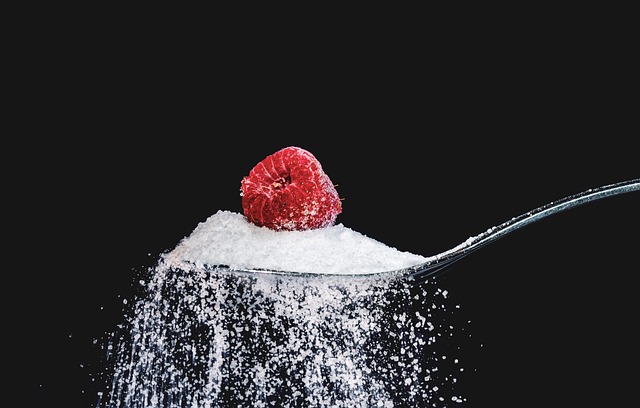Unleashing the Power of Probiotics for a Stronger Immune System
Our immune system plays a crucial role in keeping us healthy. It’s our body’s defense mechanism against harmful pathogens and helps prevent illnesses. However, factors like stress, poor diet, and certain medications can weaken our immune system, making us more susceptible to infections.

What are Probiotics?
Probiotics are live bacteria and yeasts that are beneficial for our health, especially our digestive system. They are often referred to as “good bacteria” as they help maintain a healthy balance of microorganisms in our gut. While we usually associate bacteria with illness, our body also contains billions of friendly bacteria that promote overall well-being.
How Do Probiotics Boost the Immune System?
Research has shown that a significant portion of our immune system resides in the gut. The balanced presence of beneficial bacteria in our digestive tract is vital for the optimal functioning of our immune system. Probiotics help strengthen our immune response in several ways:
- Enhancing Gut Barrier Function: Probiotics promote the integrity of the intestinal lining, acting as a barrier against harmful pathogens. This barrier prevents toxins and other harmful substances from entering our bloodstream and causing infections.
- Supporting Antibody Production: Probiotics stimulate the production of antibodies, which are proteins that help identify and neutralize harmful bacteria and viruses in our body.
- Regulating Inflammation: Probiotics help regulate the immune response and reduce inflammation, which is beneficial for conditions such as allergies, autoimmune diseases, and inflammatory bowel disease.
- Competing With Harmful Bacteria: Probiotics populate the gut, leaving less space for harmful bacteria to thrive. They also produce antimicrobial substances that inhibit the growth of pathogens.
Sources of Probiotics
You can find probiotics in various natural food sources and supplements. Some common sources of probiotics include:
- Yogurt: Look for yogurts labeled with “live and active cultures.” These yogurts contain beneficial bacteria like Lactobacillus and Bifidobacterium strains.
- Kefir: Similar to yogurt, kefir is a fermented milk drink that contains probiotic cultures.
- Sauerkraut: Fermented cabbage is a rich source of probiotics. Make sure to choose unpasteurized sauerkraut as pasteurization can kill the beneficial bacteria.
- Kimchi: A traditional Korean side dish made from fermented vegetables. It provides a wide range of probiotics and is also rich in vitamins and minerals.
- Supplements: Probiotic supplements are available in various forms, including capsules, tablets, and powders. Look for supplements that contain well-researched strains and are third-party tested for quality.
Choosing the Right Probiotic Supplement
When selecting a probiotic supplement, consider the following factors:
- Strain Diversity: Look for a supplement that provides a variety of probiotic strains to promote a healthy gut microbiota.
- CFU count: CFU stands for colony-forming units, which indicates the number of viable microorganisms in each dose. Choose a supplement with a higher CFU count for better efficacy.
- Survivability: Probiotics need to survive the acidic environment of the stomach to reach the intestines. Look for supplements with







